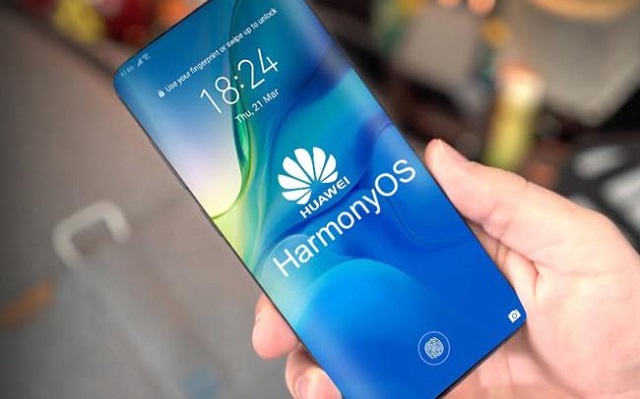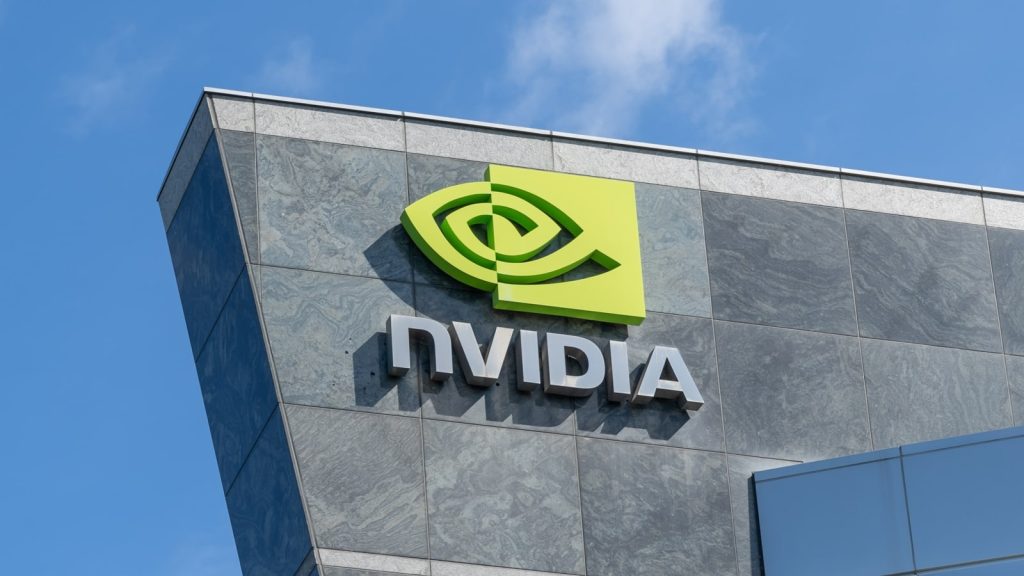Chinese tech giant Huawei Technologies has announced significant breakthroughs in key technological domains, including operating systems and artificial intelligence. The company claims to have accomplished in a decade what took Western counterparts three times as long, marking a potential shift in the global tech landscape.
At a developer conference in Dongguan, China, Richard Yu, chairman of Huawei’s Consumer Business Group, presented a bold narrative of the company’s progress. “Harmony has made major breakthroughs. You can say in 10 years we’ve achieved what it took our European and American counterparts more than 30 years to do, in terms of building the core technology of an independent operating system,” Yu declared.
This statement underscores Huawei’s ambition to position itself as a formidable competitor to established Western tech firms, despite facing significant challenges in recent years due to U.S. sanctions.
HarmonyOS: Huawei’s Operating System Milestone
Central to Huawei’s claims of technological advancement is its proprietary operating system, HarmonyOS. Launched in 2019 as a response to U.S. technology restrictions that severed Huawei’s access to Google’s Android support, HarmonyOS has since experienced rapid adoption and development.

Yu reported that HarmonyOS is now available on over 900 million devices, a figure that suggests substantial market penetration, particularly within China. This widespread adoption is crucial for Huawei as it seeks to establish a robust ecosystem independent of Western technologies.
The significance of HarmonyOS extends beyond mere market share. It represents Huawei’s ability to develop and deploy a full-fledged operating system in a relatively short time frame, challenging the longstanding dominance of U.S. and European software in this domain. Yu emphasized this point, stating, “Operating systems and other software has been dominated by Europe and the United States for a long time, although the era of internet of things has given Huawei an opportunity to overtake them.”
This assertion highlights Huawei’s strategy of leveraging emerging technological trends, such as the Internet of Things (IoT), to leapfrog established players and carve out a leading position in future tech landscapes.
AI Infrastructure: Challenging Nvidia’s Dominance
Huawei’s ambitions extend beyond operating systems into the realm of artificial intelligence infrastructure. Yu claimed that the company’s Ascend AI infrastructure is now the second most popular in China, trailing only behind Nvidia, the current global leader in AI chips.

This development is particularly noteworthy given Nvidia’s overwhelming dominance in the AI chip market. For a Chinese company to position itself as the primary alternative to Nvidia in its home market represents a significant shift in the AI hardware landscape.
Yu described the Ascend AI infrastructure as “the most powerful from a Chinese company,” underlining Huawei’s determination to compete at the highest levels of technological innovation, despite facing international restrictions.
Huawei’s technological advancements have translated into tangible market success, particularly in its smartphone business. The company reported a resurgence in its smartphone sales following the launch of the Mate 60 series, which features an improved China-made chip.
According to Yu, sales of Harmony-equipped smartphones have surged by 68% in the first five months of the year. This growth is especially impressive considering the challenges Huawei has faced in the global smartphone market due to U.S. sanctions.
Further cementing Huawei’s comeback in the mobile sector, research firm Counterpoint reported that in the first quarter of 2024, HarmonyOS surpassed Apple’s iOS to become the second-best-selling mobile operating system in China, capturing a 17% market share. This milestone places Huawei’s operating system behind only Android in the world’s largest smartphone market, a significant achievement for a relatively new OS.
Huawei’s reported advancements and market successes carry broader implications for the global technology industry. The company’s ability to develop sophisticated technologies in areas previously dominated by Western firms suggests a potential realignment of technological capabilities on a global scale.
Yu’s comparison of Huawei’s 10-year journey to the 30-year development cycle of Western counterparts implies not just catching up, but potentially surpassing established players in some areas. This narrative, if substantiated by continued technological and market achievements, could challenge long-held assumptions about the distribution of technological innovation and capabilities between East and West.
Moreover, Huawei’s focus on emerging technologies like IoT as a means to gain competitive advantage highlights the importance of identifying and capitalizing on new technological paradigms. As Yu noted, these emerging fields present opportunities for companies and countries to establish leadership positions, potentially reshaping the global tech hierarchy.
While Huawei’s claims are impressive, they are likely to be met with skepticism from some quarters, particularly given the geopolitical context surrounding the company. The rapid development of complex technologies like operating systems and AI infrastructure typically requires extensive resources, expertise, and time.
Critics may question the depth and sustainability of Huawei’s advancements, especially in light of ongoing U.S. sanctions that limit the company’s access to certain cutting-edge technologies and components. The true capabilities and competitiveness of Huawei’s technologies on a global scale remain to be fully demonstrated and independently verified.

Furthermore, the company’s heavy focus on the Chinese market, while strategically sound given international restrictions, may limit the global impact and adoption of its technologies in the short to medium term.
Huawei’s announcements signal its intention to remain a major player in the global tech industry, despite the challenges it has faced. The company’s investments in core technologies like operating systems and AI infrastructure suggest a long-term strategy aimed at reducing dependence on foreign technologies and establishing technological self-sufficiency.
As the tech landscape continues to evolve, with emerging fields like AI, IoT, and 5G reshaping industries and societies, Huawei’s progress will be closely watched by competitors, policymakers, and industry observers alike. The company’s ability to translate its technological advancements into sustained market success and global influence will be a key narrative in the ongoing story of global tech competition.
Huawei’s claims of rapid technological advancement represent a bold statement of intent in the face of significant challenges. Whether these developments will fundamentally alter the balance of power in the global tech industry remains to be seen, but they undoubtedly add an intriguing chapter to the ongoing saga of international technological competition and innovation.
Copyright©dhaka.ai
tags: Artificial Intelligence, Ai, Dhaka Ai, Ai In Bangladesh, Ai In Dhaka, Google, Claude, Future of AI, Huawei



